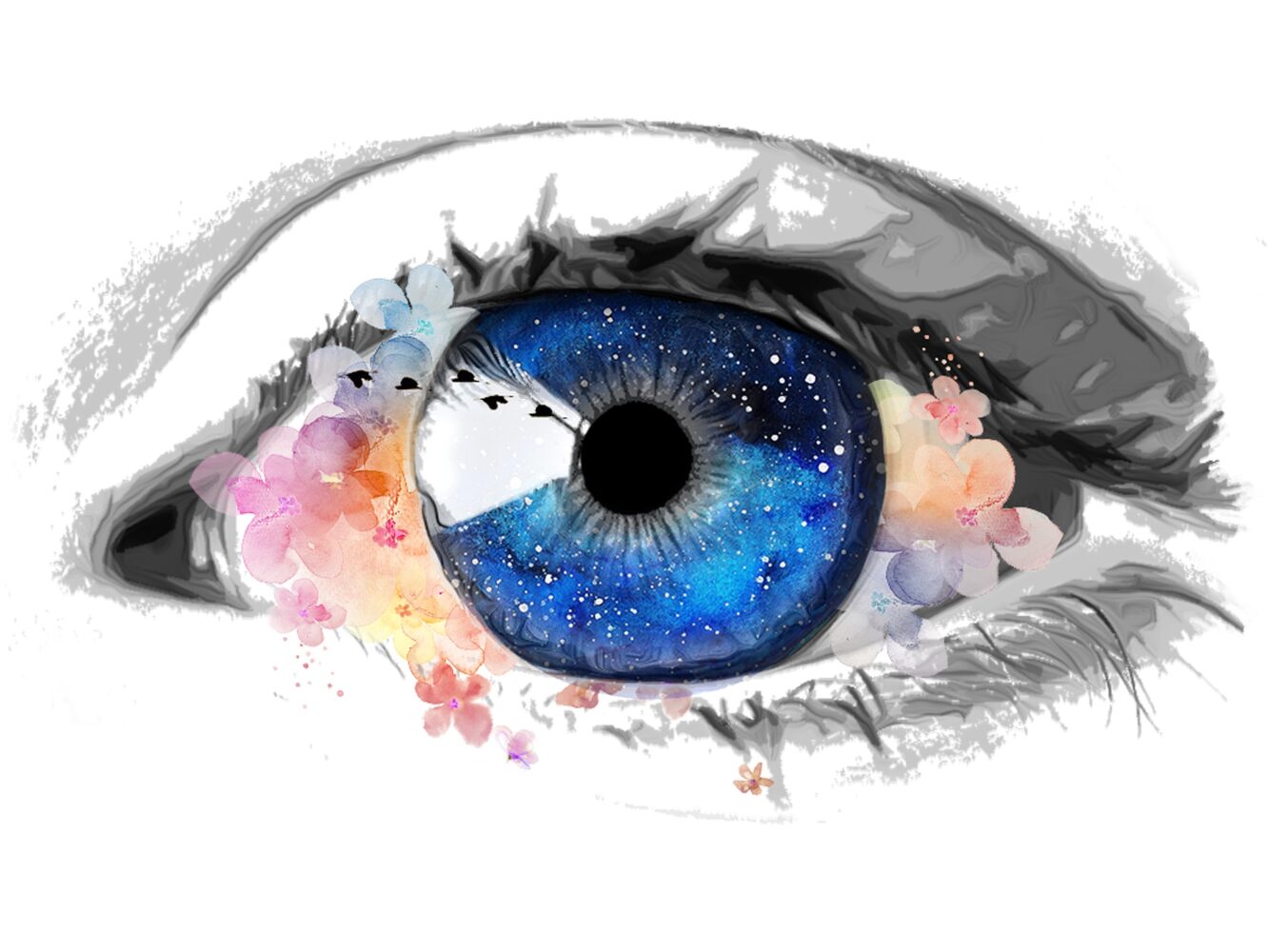The word ‘trauma‘ comes from the Greek word for ‘wound’. So trauma is literally a wound in our mental state. Like any physical wound.
Post-Traumatic Stress means anything that leaves an emotional residue in the system and interferes with its normal function.
The various facets of Post-Traumatic Stress are innumerable; however, we can categorize them roughly into two categories:
Developmental Trauma (CPTSD)
Incidental or Shock Trauma (PTSD)
Post-Traumatic Stress plays itself out on us mentally, emotionally and physically. Regardless of how it enters the system, all aspects of the human being are involved. There are three main elements of PTSD:
• The impact, which can be physical or psychological, incidental or developmental, is not fully met and leaves a residue in the psyche and nervous system.
• There is a rationalisation of the event leading to a protective mechanism called dissociation.
• Replaying or reenacting the event, trying to solve, understand or overcome the impact of the event. Feelings of shame, guilt, blame and self-reproach are all inherent within the dissociation process and keeps the trauma in place.
In order to heal PTSD, we have to look at and reverse the dissociative processes. Letting the story unfold while emphasising emotions and related body sensations to allow the person to reclaim responsibility for their well-being and release emotional residue stored in the nervous system.
Having passed through the barrier of guilt, blame, judgement and self-reproach, energy is freed up in the nervous system and emotions can be seen for what they are. This leaves the person in a neutral space after release.
EMDR (Eye Movement Desensitisation and Reprocessing) is a comprehensive psychotherapy that helps you process and recover from past experiences that are affecting your mental health and wellbeing.
It involves using side to side eye movements combined with talk therapy in a specific and structured format.
EMDR helps you process the negative images, emotions, beliefs and body sensations associated with traumatic memories that seem to be stuck. These can contribute to a range of mental health problems.
EMDR helps you to see things from a different perspective and relieves the symptoms that you were suffering.
Dr Justin Havens, an EMDR consultant, says: “There can be a dramatic transformation from someone who is constantly reminded of a traumatic memory and all of the negative symptoms, to feeling like it is behind them and not of significance anymore.”
He adds: “EMDR is a way of kickstarting your natural healing and recovery process after your trauma. Your therapist is walking alongside you as you heal from the inside out.” (BACP)
Andrea x

